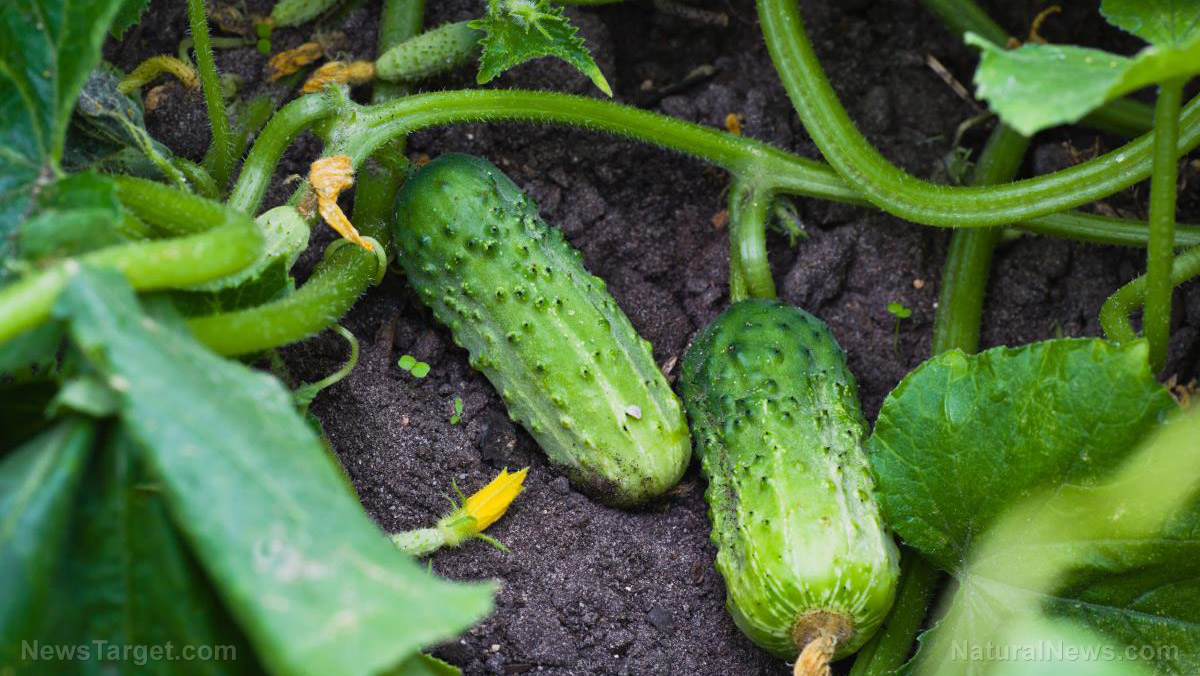Home // Home & Life
10 Survival trees EVERYONE should plant on their property
05/21/2017 // Earl Garcia // Views

Top 10 survival trees you need to plant today
- American basswood - American basswood is a relatively common tree best known for its durable inner fibers. The tree is known to produce some of the best natural cordage. American basswood is also one of the most ideal trees for firewood use, as its soft wood is highly susceptible to friction. The tree's edible leaves and inner bark offers sweet natural flavors.
- White pine - Perhaps the biggest benefit of white pine is its valuable resin. White pine resin can be made into a variety of products such as fire extender, natural epoxy, candles and lamps, and waterproofing materials. White pine is also an ideal construction material for making huts and survival shelters.
- Willow tree - Tea made from willow bark is known to contain analgesic, anti-inflammatory, and anti-fever properties. The tree's bark is also noted for containing salicin, a chemical that has properties similar to aspirin. Salicin eases headaches and inflammation. The tree is also used in treating a variety of conditions such as headache, lower back pain, and osteoarthritis. Willow trees are also best known for their barks that peel away from the wood. These wood peelings make for excellent cordage.
- Hazelnut - Hazelnut trees produce one of the most nutritious and delicious nuts in the market. Planting one at home may prove beneficial as the tree has the ability to produce nuts fairly early, at around four to five years. Hazelnut seeds can also yield edible oil.
- White birch - Also known as paper birch, this hardy tree is widely known as an excellent firewood. Pine tar extracted from the tree's white bark is a noteworthy adhesive that can be used during construction. The tree also offers a sweet, drinkable sap. Tea made from the smaller twigs make for an excellent wintergreen-flavored beverage.
- Oak - The mighty oak tree is best known for its hardwood that can be used in construction. The oak tree is an ideal material in building shelter frameworks. The tree's durable wood can also be made into other various implements such as ax handles and digging sticks. Acorns gathered from oak trees could be processed into flour or meal. Tannic acid found in oak tree bark can also be used to tan leather.
- Eastern red cedar - Leaves of eastern red cedar is touted as a highly effective treatment for rashes and skin irritations. Smoke from the leaves may also be used to treat colds, bronchitis and rheumatism. The fruit of the eastern red cedar can be chewed to address canker sores. The tree is also known to have antispasmodic and anti-cancer properties. It can also be used as an effective nerve tonic.
- Mulberry- Mulberries are touted for their fast growth. The tree produces sweet berries that grow abundantly. The berries can be eaten fresh, dried or processed into preserves.
- Walnut - The sweet, rich-flavored walnuts are popular superfoods that contain high levels of essential nutrients and minerals. The tree's bark can be processed into a high-quality coal, while extracts from barks and twigs could be made into dying materials.
- Maple - Perhaps best known for their naturally sweet sap. Maple twigs also make for excellent kindling, and can be especially useful in wilderness cooking.
These trees are definitely some of the best varieties to start planting today! For more articles like this, visit OffGrid.news.
Sources include:
Latest News
Related News
11/03/2023 / By Olivia Cook
05/14/2023 / By S.D. Wells
05/10/2023 / By Zoey Sky
05/04/2023 / By Mike Adams
04/23/2023 / By Zoey Sky
03/08/2023 / By Rose Lidell
Take Action:
Support Natural News by linking to this article from your website.
Permalink to this article:
Copy
Embed article link:
Copy
Reprinting this article:
Non-commercial use is permitted with credit to NaturalNews.com (including a clickable link).
Please contact us for more information.
Please contact us for more information.






















